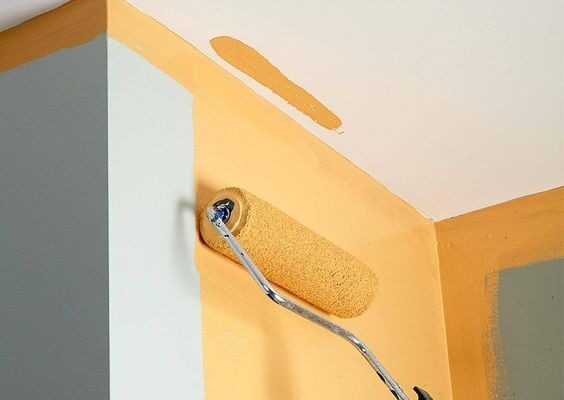Impact of Minimalist Interior Design on Mental Health
Minimalist interior design is a style characterized by a clean, simple, and uncluttered aesthetic. The goal of minimalist design is to create a calming and peaceful environment by eliminating unnecessary elements and focusing on the essentials.
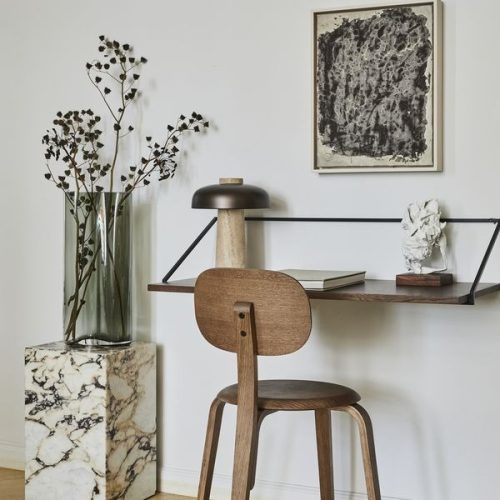
In minimalist interior design, the focus is on creating a sense of spaciousness, openness, and simplicity. This is often achieved through the use of neutral colors, such as white, beige, and gray, and the use of natural materials like wood and stone.
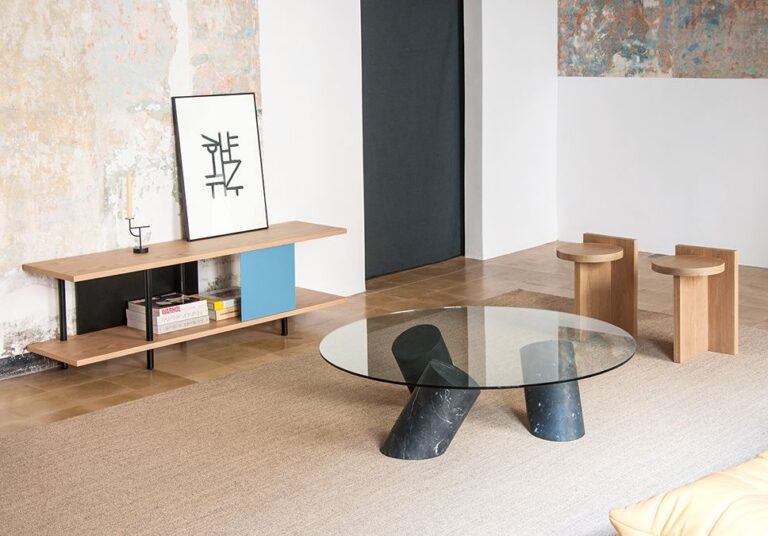
Furniture is often chosen for its clean lines and simple shapes, with a focus on functionality rather than ornamentation. Decorative objects are kept to a minimum, and the emphasis is on creating a serene and uncluttered space.
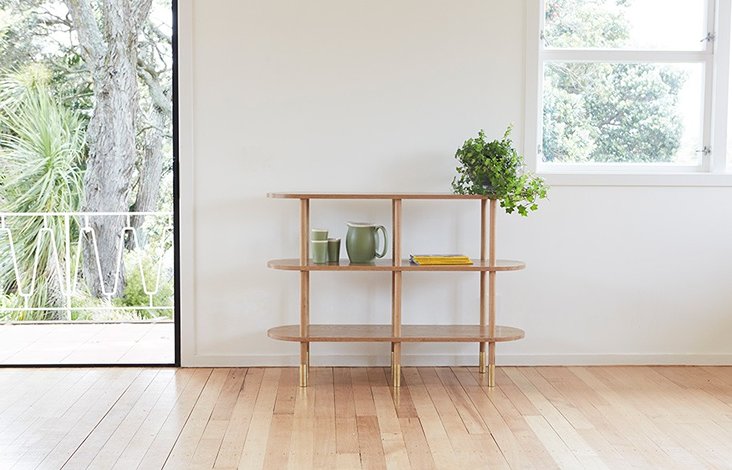
Minimalist design is an exceptional option for those who value simplicity, clarity, and calmness in their living spaces. It can help create a sense of peace and tranquility, making it a popular choice for those seeking a more mindful and intentional lifestyle.
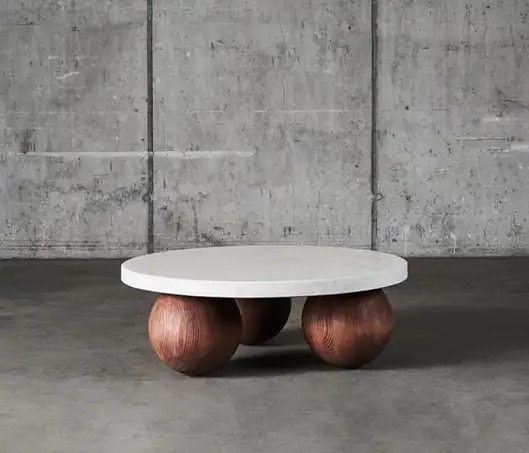
Suitability of Minimalist Interior Design
Minimalist interior design is suitable for a variety of personalities, but it may be particularly well-suited to those who exhibit the following traits:
1. Organized Personality
Minimalist design requires organization and order, making it ideal for those who have organized personality and they naturally value cleanliness, simplicity, and structure.
2. Intentional Personality
Minimalist design is intentional by nature, encouraging individuals to focus on what is truly important and eliminate distractions. People who prioritize intentionality in their lives may find this design style particularly appealing.
3. Calm Personality
Minimalist design creates a calm and peaceful environment by eliminating unnecessary elements and focusing on the essentials. People who have calm personality and they value tranquility and serenity may be drawn to this design style.
4. Creative Personality
Minimalist design can be a great option for creative individuals who need space to think and create. By reducing distractions and promoting focus, minimalist design can help stimulate the imagination and encourage creativity.
5. Eco-Conscious Personality
Minimalist design often incorporates natural materials and sustainable practices, making it a great option for those who prioritize environmental responsibility.
What is the Impact of Minimalist Interior Design on Mental Health?
Minimalist interior design can have a positive impact on mental health by creating a calm environment that promotes relaxation and reduces stress. The simplicity and lack of clutter in a minimalist space can help reduce visual and mental distractions, leading to increased focus, concentration, and productivity.
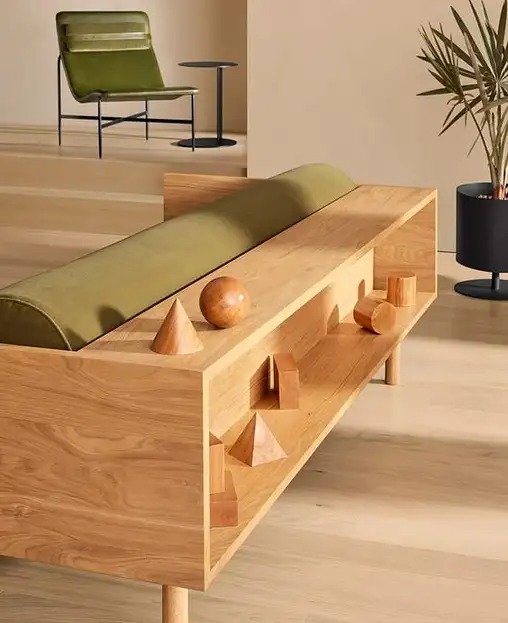
Research has shown that cluttered environments can increase stress levels and decrease overall well-being, while minimalist spaces have been found to have the opposite effect. A study published in the Journal of Environmental Psychology found that participants in a clean and organized space experienced less stress and were more productive than those in a cluttered environment.
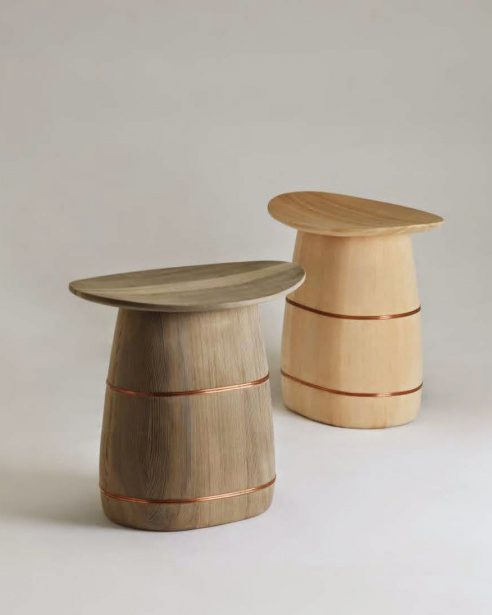
Additionally, minimalist design can help promote mindfulness and a sense of clarity and focus, as it encourages individuals to focus on what is truly important and eliminate distractions. By creating a space that is free from unnecessary objects and clutter, individuals can feel a greater sense of control and mastery over their environment, which can promote feelings of calm and contentment.
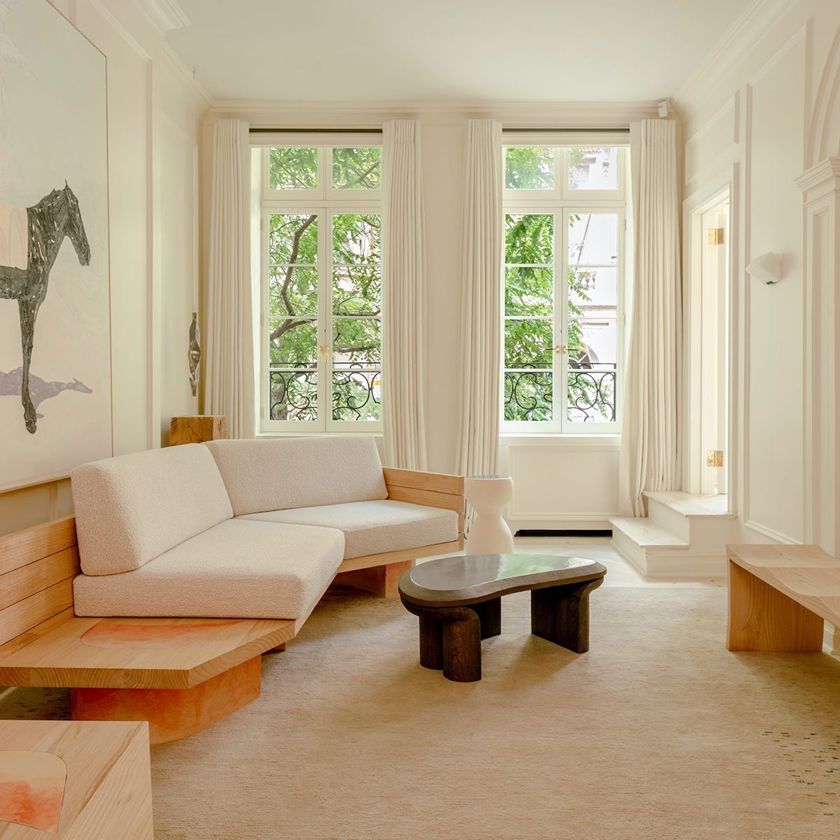
Does Minimalist Interior Design have a Positive Impact on Focus?
Yes, minimalist interior design has energy to enhance focus. Here are some ways that tell us how it works:
• Reduce Visual Clutter
Minimalist interior design reduces visual clutter by eliminating unnecessary elements that can distract and overwhelm the senses. This creates a calm and peaceful environment that allows the mind to focus on the task at hand.
• Lessens Vexation
Minimalist interior design promotes organization and order, making it easier to find what you need quickly and efficiently. This helps reduce vexation, frustration and distraction caused by disorganization.
• Increases Clarity
A minimalist interior design uses clean lines and simple shapes, creating a visual environment that is easy to navigate and understand. This helps the mind process information more efficiently, increasing clarity and focus.
• Promotes Mindfulness
By eliminating unnecessary elements, minimalist interior design encourages mindfulness and intentionality. This can help you focus on the present moment and avoid getting distracted by extraneous thoughts or concerns.
• Improves Productivity
Minimalist interior design can boost productivity by minimizing distractions and increasing focus, as per studies indicating that individuals working in minimalist environments exhibit higher productivity levels and are less prone to distractions.

